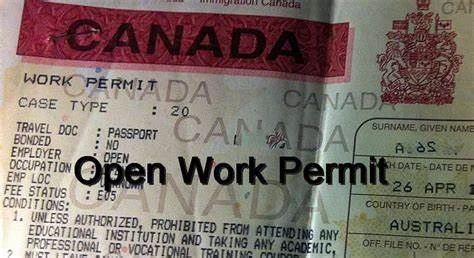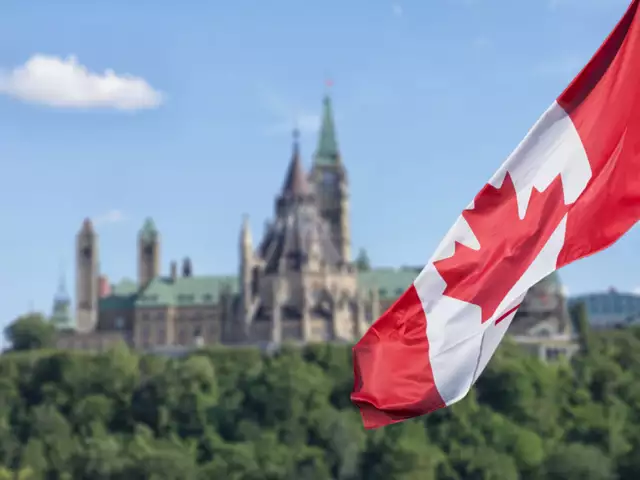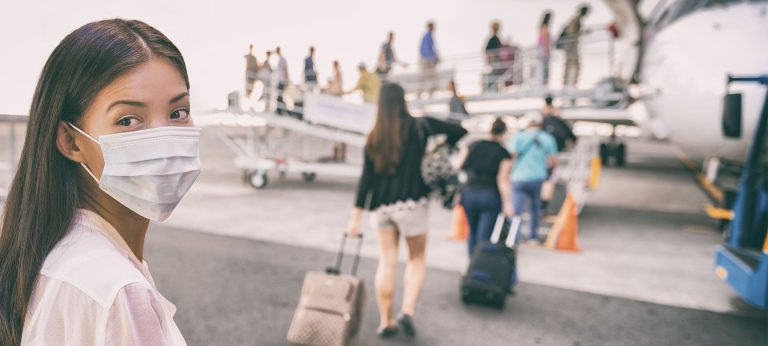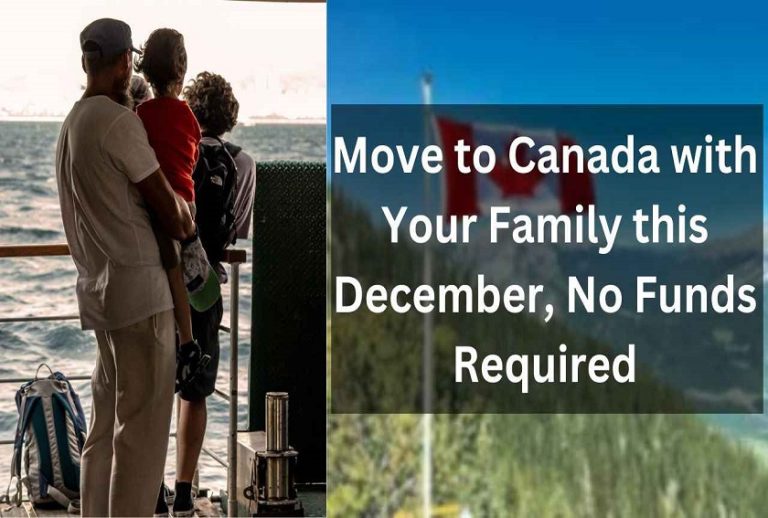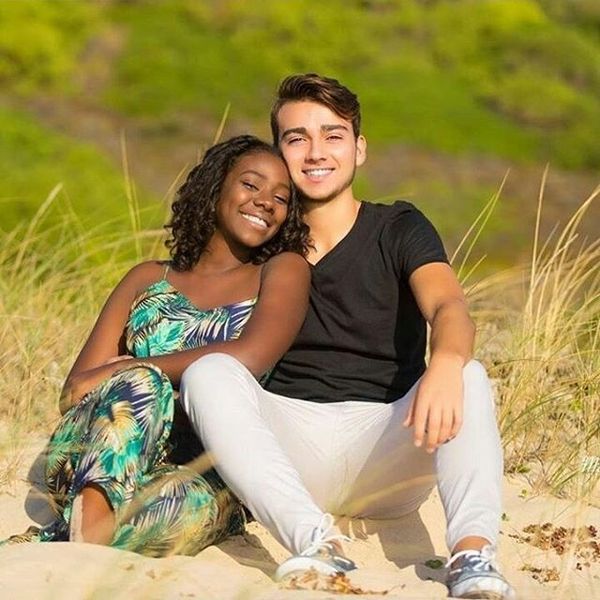How to Apply for UK Marriage Visa 2024 Guide
A UK Marriage Visa, also known as a spouse visa, is a type of visa that allows non-EEA (European Economic Area) nationals to enter the United Kingdom to marry a British citizen or someone with settled status in the UK. This visa is a crucial step for couples who wish to live together in the UK. Once granted, it typically leads to further visas and eventually the opportunity to settle permanently in the UK.
Advertisements
Types of UK Marriage Visas
There are several types of marriage visas available, depending on your specific circumstances:
- Fiancé(e) Visa: If you plan to marry a British citizen or someone settled in the UK but haven’t yet married, you can apply for a fiancé(e) visa. This visa allows you to enter the UK for a limited period, during which you must get married.
- Spouse Visa: A spouse visa is for those who are already married to a British citizen or a settled person in the UK. It grants you the right to live and work in the UK for a specified period.
- Unmarried Partner Visa: If you are in a long-term, committed relationship but are not married or in a civil partnership, you can apply for this visa to join your partner in the UK.
- Civil Partner Visa: This visa is for those in a same-sex relationship who wish to enter the UK to form a civil partnership.
UK Marriage Visa Eligibility and Criteria
To apply for a UK Marriage Visa, you must meet several eligibility criteria:
- You and your partner must be at least 18 years old.
- You must have met and spent time together in person.
- You must intend to live together permanently in the UK after marriage.
- Your relationship must be genuine and not formed for the sole purpose of obtaining a visa.
- You must meet the minimum income requirement, which varies depending on your circumstances.
- Adequate accommodation must be available for you and your partner in the UK.
- You must meet the English language requirement unless exempt.
Now that you understand the basics of the UK Marriage Visa, let’s dive into the detailed application process.
Gathering Required Documents
Advertisements
One of the most crucial aspects of a successful UK Marriage Visa application is providing the necessary documents to prove your eligibility. These documents are categorized into four main groups:
Personal Documents:
- Valid Passport: You must provide your current, valid passport. Ensure it has at least one blank page for the visa vignette.
- Passport Photographs: Recent passport-sized photographs that meet the UKVI (UK Visas and Immigration) guidelines.
- Birth Certificates: Your original birth certificate and your partner’s, including official translations if they are not in English.
- Marriage or Civil Partnership Certificate: If you are already married or in a civil partnership, provide the official certificate.
- Divorce or Death Certificates: If either you or your partner has been previously married or in a civil partnership, provide the divorce decree absolute or the death certificate, as applicable.
Relationship Documents:
- Photos and Evidence of Relationship: Provide photographs of you and your partner together, along with other evidence such as joint travel documents, letters, or emails that demonstrate your genuine relationship.
- Statements from Friends and Family: Statements from friends and family who can attest to the authenticity of your relationship.
Financial Documents:
- Evidence of Income: Provide evidence of your partner’s income, such as payslips, bank statements, and a letter from their employer. You may also need to include self-employment or business income documents.
- Accommodation Documents:
- Accommodation Proof: You must demonstrate that you have suitable accommodation in the UK. This can be a tenancy agreement, mortgage statement, or a letter from your sponsor (partner) confirming that you will live with them.
- Property Inspection Report: If your accommodation is overcrowded, you may need a property inspection report to prove it meets the UK housing standards.
- Filling Out the Online Application Form
Once you have gathered all the necessary documents, you can begin the application process by completing the online application form on the official UK government website.
Advertisements
Registering for an Account:
To start your application, you need to create an account on the UKVI website. Make sure to provide accurate and up-to-date information. You will receive a confirmation email with your account details.
Completing the Application Form:
Advertisements
After logging into your account, select the “Apply now” option for the visa type you are interested in (e.g., Spouse Visa or Fiancé(e) Visa). The application form can be quite extensive, so set aside ample time to complete it accurately. Some key sections you’ll need to fill out include:
- Personal details
- Passport and travel history
- Immigration history
- Family details
- Employment and financial information
- Accommodation details
Paying the Visa Fee:
Once you have filled out the application form, you will be prompted to pay the visa fee. The fee varies depending on the type of visa you are applying for and your location. Make sure to keep a record of your payment receipt.
Before submitting your application, double-check all the information for accuracy and completeness. Any errors or missing information can result in delays or even rejection.
Biometric Appointment and Visa Application Center
After submitting your online application, you will need to attend a biometric appointment at a Visa Application Center (VAC). During this appointment, your biometric data, including fingerprints and a photograph, will be collected.
Booking an Appointment:
Visit the UKVI website to schedule your biometric appointment at a VAC. You’ll need to provide your application reference number, passport details, and personal information. Appointments can book up quickly, so it’s advisable to schedule one as soon as possible.
Attend the Appointment:
On the day of your appointment, bring the following with you:
- A printed copy of your appointment confirmation
- Your valid passport
- Visa application form confirmation
- Any supporting documents
Biometric Data Collection:
At the VAC, your biometric data will be collected. This process is straightforward and typically involves scanning your fingerprints and taking a photograph. It’s essential to arrive on time for your appointment to avoid any delays.
Once your biometric data has been collected, it will be linked to your visa application.
Attending the Visa Interview
While UK Marriage Visa applicants do not typically undergo formal interviews, you should be prepared for an interview-like scenario when attending the biometric appointment or if you are asked to attend an interview as part of the application process. Here’s what you need to know:
Preparing for the Interview:
- Review your application thoroughly to ensure you are familiar with the details you provided.
- Be prepared to discuss your relationship with your partner, your plans for the future, and your reasons for wanting to live in the UK.
- If you are asked to attend an interview, dress professionally and arrive on time.
What to Expect During the Interview:
During the interview, the immigration officer may ask you questions to assess the genuineness of your relationship. They may inquire about how you and your partner met, your shared experiences, and your future plans together. It’s crucial to answer truthfully and confidently.
Common Interview Questions:
While the questions can vary, here are some common ones you may encounter:
- How did you and your partner meet?
- Can you describe your partner’s daily routine?
- What are your future plans together?
- Have you met each other’s families and friends?
- Can you provide evidence of your relationship, such as photos or correspondence?
Remember, the purpose of the interview is to verify the authenticity of your relationship, so providing honest and consistent answers is crucial.
Decision and Processing Time
After attending the biometric appointment and, if applicable, the interview, the processing of your UK Marriage Visa application begins. It’s essential to be patient during this period, as processing times can vary depending on several factors, including the volume of applications and your location.
Processing Times:
Processing times for UK Marriage Visas can range from a few weeks to several months. It’s advisable to check the UKVI website for the most up-to-date information on processing times for your specific visa category and location.
Receiving the Decision:
Once a decision has been reached on your application, you will receive a notification. If your application is approved, you will be issued a visa vignette (sticker) in your passport. This vignette allows you to enter the UK.
If your application is rejected, you will receive a refusal letter explaining the reasons for the decision. It’s crucial to carefully review the refusal letter and consider your options, which may include reapplying or appealing the decision.
Arriving in the UK
Congratulations if your UK Marriage Visa application is approved! Now it’s time to prepare for your journey to the UK.
Entry Clearance Vignette:
Upon approval, you will receive an entry clearance vignette in your passport. This vignette allows you to enter the UK and is usually valid for 30 days. It’s essential to check the start and end dates on your vignette and plan your travel accordingly.
Visa Conditions:
Once you arrive in the UK, you must adhere to the conditions of your visa. Typically, a UK Marriage Visa grants you permission to live and work in the UK for 30 months (2.5 years). Before your visa expires, you can apply for an extension, which would allow you to stay for an additional 30 months. After living in the UK for five years on a Marriage Visa, you may be eligible to apply for settlement (indefinite leave to remain).
Establishing Your Life in the UK:
After arriving, you’ll need to establish your life in the UK. This includes finding accommodation, securing employment if necessary, and integrating into the local community. You should also keep records of your activities and finances, as these may be required when applying for an extension or settlement.
Extending or Switching Your Visa
As your initial UK Marriage Visa approaches its expiration date, you will need to consider your options for extending your stay in the UK. You have several choices:
Extending Your Visa:
To extend your stay in the UK, you can apply for a Spouse Visa extension. This extension will allow you to live and work in the UK for an additional 30 months. You will need to meet the financial and accommodation requirements again.
Switching to Another Visa Category:
If you wish to switch to a different visa category, such as a work visa or study visa, you can apply to do so from within the UK. The requirements for switching visas will vary depending on the specific category you are interested in.
Settlement in the UK:
After living in the UK for five years on a Marriage Visa, you may be eligible to apply for settlement (indefinite leave to remain). This grants you the right to live in the UK indefinitely and eventually apply for British citizenship if you meet the criteria.
Conclusion
Applying for a UK Marriage Visa can be a complex and lengthy process, but with the right guidance and preparation, it is achievable. It’s crucial to start the process well in advance, gather all the necessary documents, and submit a complete and accurate application. Seeking professional advice and assistance, if needed, can also improve your chances of a successful application.
Ultimately, the UK Marriage Visa is a pathway to building a life with your loved one in the UK, and it’s a significant step toward a brighter future together. Celebrate your love and commitment while navigating the immigration process, and remember that with patience and determination, you can successfully begin your journey together in the United Kingdom.
Advertisements


